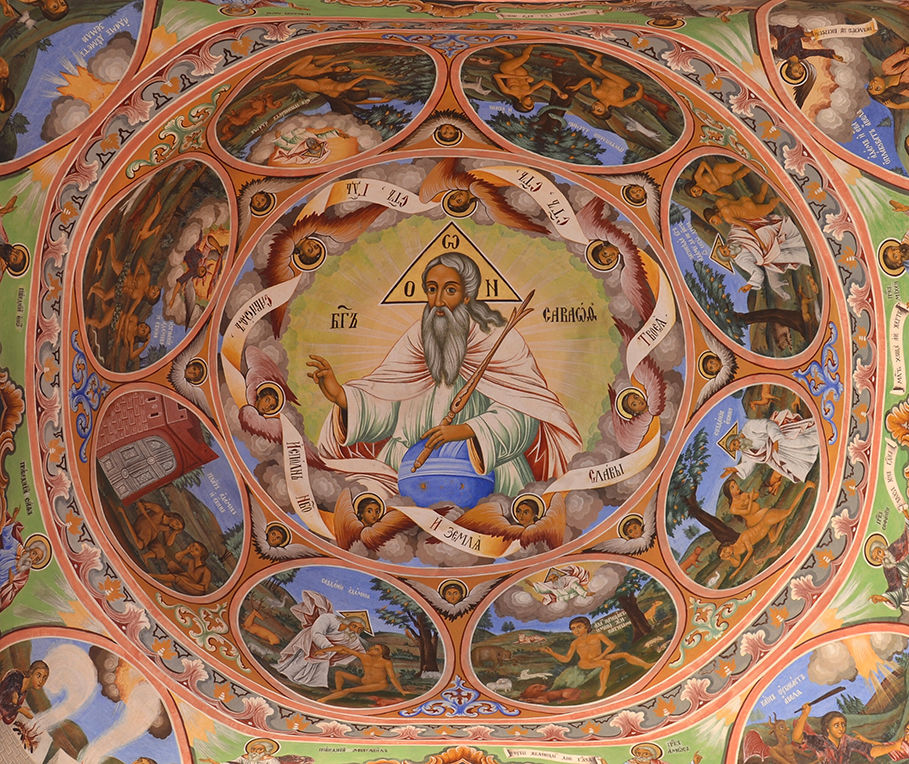Though they were Moses’ successors, the Pharisees and scribes exalted themselves, made their mastery of the law a badge of social privilege. Worse, they lorded the law over the people (see Matthew 20:25). Like the priests Malachi condemns in today’s First Reading, they caused many to falter and be closed off from God.
In a word, Israel’s leaders failed to be good spiritual fathers of God’s people. Moses was a humble father figure, preaching the law, but also practicing it — interceding and begging God’s mercy and forgiveness of the people’s sins (see Exodus 32:9—14; Psalm 90).
And Jesus reminds us today that all fatherhood — in the family or in the people of God — comes from our Father in heaven (see Ephesians 3:15).
He doesn’t mean we’re to literally call no man “father.” He himself referred to Israel’s founding fathers (see John 7:42); the apostles taught about natural fatherhood (see Hebrews 12:7—11), and described themselves as spiritual fathers (see 1 Corinthians 4:14—16).
The fatherhood of the apostles and their successors, the Church’s priests and bishops, is a spiritual paternity given to raise us as God’s children. Our fathers give us new life in baptism, and feed us the spiritual milk of the Gospel and the Eucharist (see 1 Peter 2:2—3). That’s why Paul, in today’s Epistle, can also compare himself to a nursing mother.
God’s fatherhood likewise transcends all human notions of fatherhood and motherhood. Perhaps that’s why the Psalm chosen for today includes one of the rare biblical images of God’s maternal care (see Isaiah 66:13).
His only Son has shown us the Father (see John 14:9) coming to gather his children as a hen gathers her young (see Matthew 23:37). We’re all brothers and sisters, our Lord tells us today. And all of us — even our spiritual fathers — are to trust in him, humbly, like children on our mothers’ laps.
Scott Hahn is founder of the St. Paul Center for Biblical Theology, stpaulcenter.com.

